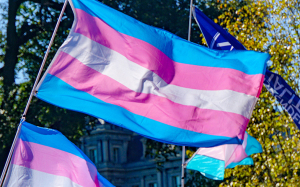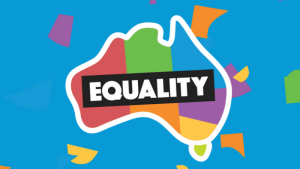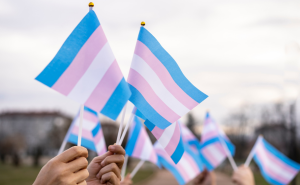This article was originally published by the Trans Health Research team. You can find the original article here.
Authors: Dr Sav Zwickl and Tomi Ruggles
Content warning: This blog focuses on anti-trans discrimination in healthcare settings, including personal stories from trans individuals about their discrimination experiences.

The Australian Charter of Healthcare Rights clearly states that all people in Australia have the right to be treated with dignity and respect and to have their culture, identity, beliefs and choices recognised and respected when receiving health care. This includes trans and gender diverse (trans) people.
However, in Australia (and most places globally), there is a long history of mistreatment of trans people in healthcare settings.
While trans people generally have better access to health care than they did in the past, research we recently published in the Medical Journal of Australia indicates that trans-related discrimination in healthcare settings remains prevalent.
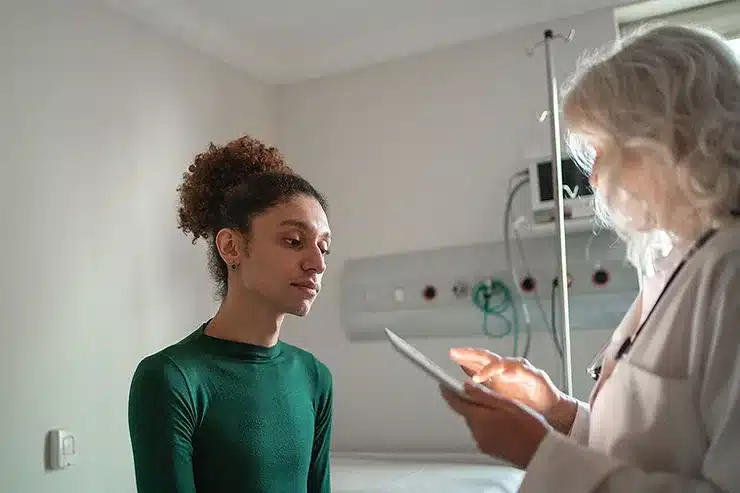
How common is discrimination in Australian healthcare settings?
In our survey of 516 trans people from across Australia, over half (56%) reported at least one incident of trans-related discrimination when trying to access health care between 2020 and 2022.
Over 40% of trans people had been misgendered (e.g. incorrect pronouns), 26% had been asked inappropriate questions related to being trans when seeking care for an unrelated medical problem, and 24% had been deadnamed (e.g. using legal rather than chosen name) in a healthcare setting.
Of particular concern, 15% had experienced delayed health care (e.g. their health complaint was not taken seriously) and 6% had been denied of health care (e.g. they were refused care because they were trans) over a two-year period.
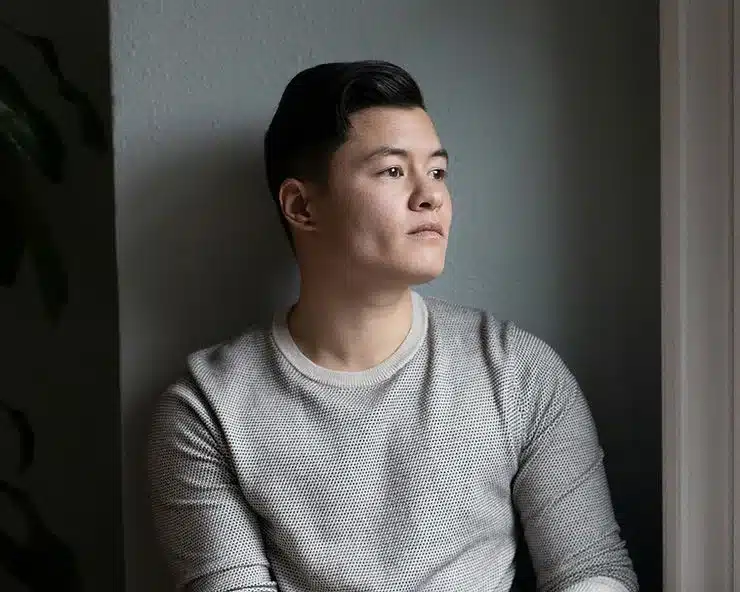
Trans people often delay seeking health care due to discrimination
Finding a trans affirming healthcare professional can be challenging for both general health care needs (e.g. getting antibiotics for a chest infection) and gender affirming health care (i.e. hormones and surgery). As a result, many trans people report delaying seeking health care, even with serious health concerns, due to fear of discrimination.
In part due to these barriers that trans people face in accessing timely and respectful health care, the trans community has higher rates of disability and chronic health conditions.
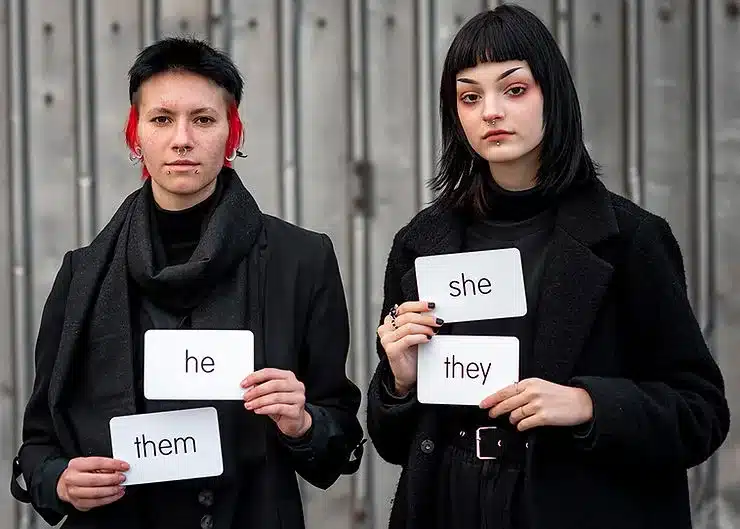
Healthcare professionals need better training in trans health
In a survey we conducted back in 2018, we asked trans people how healthcare professionals can better support them. The top priority was better education and training in trans health. As one participant described:
While some healthcare professionals may intentionally discriminate against trans people, the vast majority have simply not had any training about the health needs of trans people or how to treat trans people respectfully.
This is why Trans Health Research continuously advocate for the incorporation of trans health into medical and healthcare related curriculums, to equip future healthcare professionals with an understanding of trans people and their needs. Additionally, we advocate that ALL healthcare professionals should have training in trans health, from GPs to ward nurses, physiotherapists and dentists.

And of course, any curriculum or training program, policy, or service should be designed, implemented, and informed in partnership with the trans community, to ensure they are as accessible, appropriate, and inclusive as possible. The trans community is incredibly diverse, and any new program, policy or service should consider geographical and financial accessibility, and cater to the needs of people with disabilities, neurodivergent people, Aboriginal and Torres Strait Islander peoples, and other trans people of marginalised identities and experiences.
In the above video, published almost a decade ago, two Australian trans men named Dale and Andrew discuss their negative experiences with health care. These experiences include being afraid to access care, being denied care, being deprived of food while in hospital, being misgendered, and having no safe aged care options.
Dale also discusses the conversion therapy, homelessness, misinformation about trans men, and invisibility he endured. Speaking about his experience, the late community elder said:
Authors:
Dr Sav Zwickl (they/them) is a trans non-binary Research Fellow with the Trans Health Research group, where they lead TRANSform, Australia’s largest longitudinal trans health study. They have a Masters degree in Sexology, a PhD in Gender, Sexuality and Diversity Studies, and experience in LGBTIQA+ peer support.
Tomi Ruggles (she/her) is a Registered Nurse and proud queer Australian, with an MA in Social Work. Tomi is passionate about supporting the trans community and wishes to address social inequity through advocacy and research. Tomi has worked with marginalised populations, elderly Australians, and Australians who live with a disability for over a decade.


